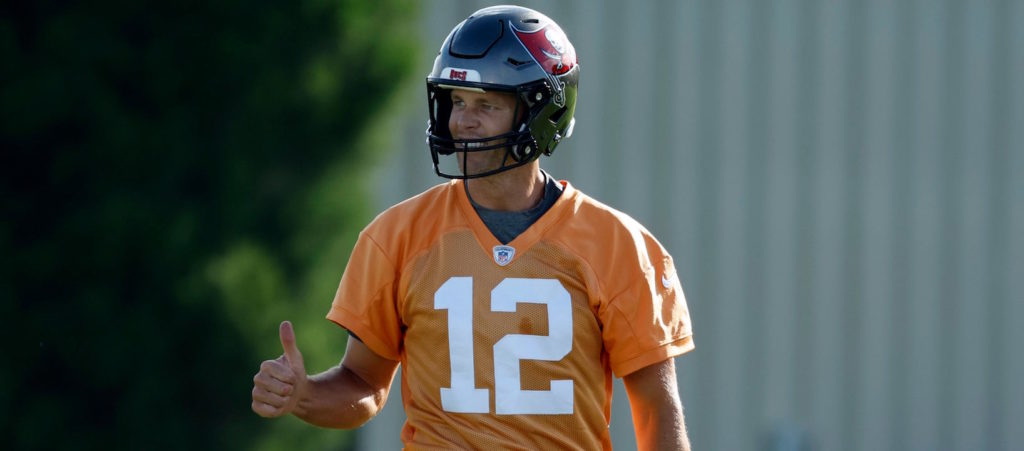
The referee awards a free kick when there is a foul. These kicks are important for scoring chances and can be penalized if the player is offside or too close. If an opponent gets to the ball sooner than the required distance, the kick is retaken. These are the rules for free kicks in soccer. Before playing, you should be aware of these rules. Also, you should learn how they can be defended and used to your advantage.
Free kicks are awarded by the referee
The goal of a free kick in soccer allows the attacking team to score a goal at a distance. If another player is fouled and they do not have possession of the ball, the referee grants a free kick. A free kick must be played within a certain amount of time, and the attacking team has the option to take the ball immediately or wait until their opponents retreat at least 10 yards away before taking it. They may receive a penalty card if they delay the game too long. In addition, substitutions are not allowed during this period. A free kick is given to the fouled team in order to allow them to have possession of the ball.
They can create scoring opportunities
A free kick allows you to score a goal. These kicks are awarded to players who commit fouls. These kicks can either be indirect or direct. Depending on the type or foul committed, a team may designate one or two free kick takers. These designated takers may take shots from far away and help create scoring opportunities. There are also multiple free kick takers that can be assigned to a team. This can create scoring opportunities.

They will be penalized if they do not follow the rules
It is a controversial topic in soccer and has caused controversy. For example, in the FA Cup final, when Alexis Sanchez scored the opening goal, Aaron Ramsey was clearly in an offside position but not deemed to have interfered with the game. This topic is addressed in the Laws of the Game. To find out if a player has been offside, please refer to the section below.
They can be retaken by an opponent if they are closer to the ball that the required distance
A free kick is retaken if an opponent is within 9.15 m of the location of the ball when an offense is signaled. If a player is within the designated distance of the ball or is not able to get away from it, he/she will be cautioned. If an opponent is within ten yards of the ball, the defending team may form a "wall" around the spot to block the opponent's kick.
They are very difficult to take.
Most soccer players know how they can take a free shot, but it's difficult to execute well. A free kick is typically taken from approximately 25-30 yards from the goal. The ball can change direction quickly, so the taker must be capable of shooting the ball into the designated space. This is not an easy task, but there are ways to make the taker's job easier.
They are a challenge
At the highest levels, coaches must deal with free kicks during the game. The referee asks the attacking team to determine a minimum distance, and then waits for a signal before granting the free kick. The defense will often form a "wall", to protect the area, if the ball spot is less than 10 yards from the goal of the opposing team.

They can be a great way to fool a goalkeeper
Free kicks are a great way to fool a goalkeeper. A free kick requires that the ball be in play. It must also leave the penalty area to be considered as a goal. The goal kick law was amended in 1891 and the free kick became an opportunity to score a goal. The law was modified again in 1890s. In this case, the free kick could be used to score one goal.
FAQ
What position do I play on a soccer team?
In order to play on a soccer team, you must be selected by the coach. There are several positions on a soccer team. These include goalkeeper, defender, midfielder, forward, and goalie. Each player has specific responsibilities.
What are the various types of soccer uniforms available?
There are many kinds of soccer uniforms. Soccer shoes or boots are also considered part of the uniform. Wearing the correct uniform protects players from injury when playing soccer.
What are the different types of soccer balls?
There are three main types: indoor, training, and outdoor soccer balls. Indoor soccer balls are used indoors during practice sessions. Outdoor soccer balls are designed to withstand weather conditions such as rain and wind. Specially made for children, training balls are available.
What is the role of a striker in soccer
Strikers tend to be the fastest players in the field. They run up and down the field to shoot the ball at the opposition's goal.
Statistics
- The word "soccer" is a British invention that British people stopped using only about 30 years ago, according to a new paper by University of Michigan professor Stefan Szymanski. (businessinsider.com)
- From the 1850s onward, industrial workers were increasingly likely to have Saturday afternoons off work, and so many turned to the new game of football to watch or to play. (britannica.com)
- After hosting an entertaining World Cup finals in 1994, the United States possessed some 16 million football players nationwide, up to 40 percent of whom were female. (britannica.com)
- They are not just good at dribbling because they are talented alone, but because they put in 100% effort during every practice. (coachtube.com)
- Get 10% off your first purchase using code BLOG. (technefutbol.com)
External Links
How To
How to improve soccer's passing
One of the most important skills for football (soccer) is passing. It involves moving the ball from player to player while maintaining possession of the ball. Success is dependent on your ability to communicate quickly and accurately.
You must be able to identify the different types of passes available and when they should occur. It is important to practice these passes until you become a pro at it. There are four main categories of passes - short passes, long balls, through balls, and through passes. Short passes are made from close range and move the ball forward. Long balls are sent towards the opposition's penalty area. Through balls can be passed directly into the pitch's middle, and through passes to another team member are used to pass the ball to your goalkeeper.
Keep it simple when passing the ball. Make sure your teammate has enough room before he gets it. Your teammate may lose his balance, or even fall, if he doesn't have enough space to receive the ball. When playing defense, you should always cover your teammates if possible. This will prevent your opponents from attacking you.
Another thing that you should remember during a game is that you should never throw the ball away. Throwing the ball away makes it harder to score because the opposing players could take advantage of your mistake. Always look out for goals scoring opportunities. Look for weaknesses in your defense and take advantage of them.
You can improve your playing ability by practicing every day. Try to do some drills to get yourself ready for the next match. Before a match begins, make sure you are properly warm up. Then, give it your all during the game. You must keep your head clear and calm. These tips will allow you to perform better in a game.